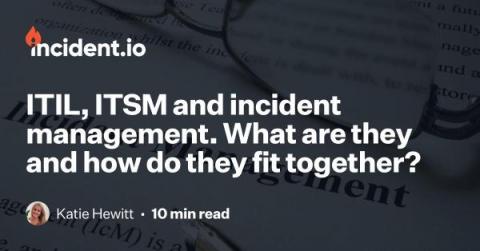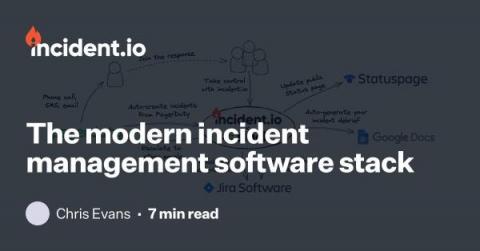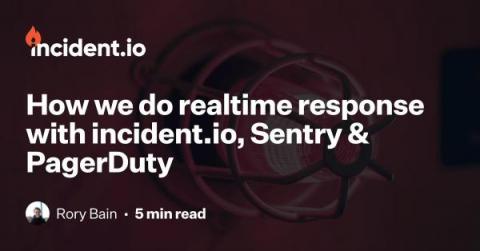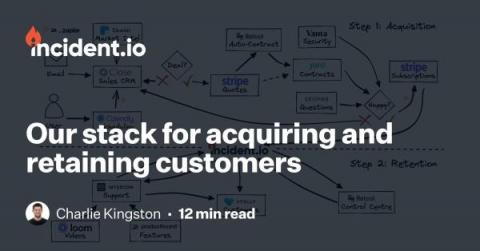What is an incident management process?
Good incident management is critical to the successful running of any business. Get it wrong, and you risk damaging customer trust, brand reputation and, above all, your bottom line. In this article we’ll give you a 101 on incident management: what is it, why does it matter, and how can you do it well?











